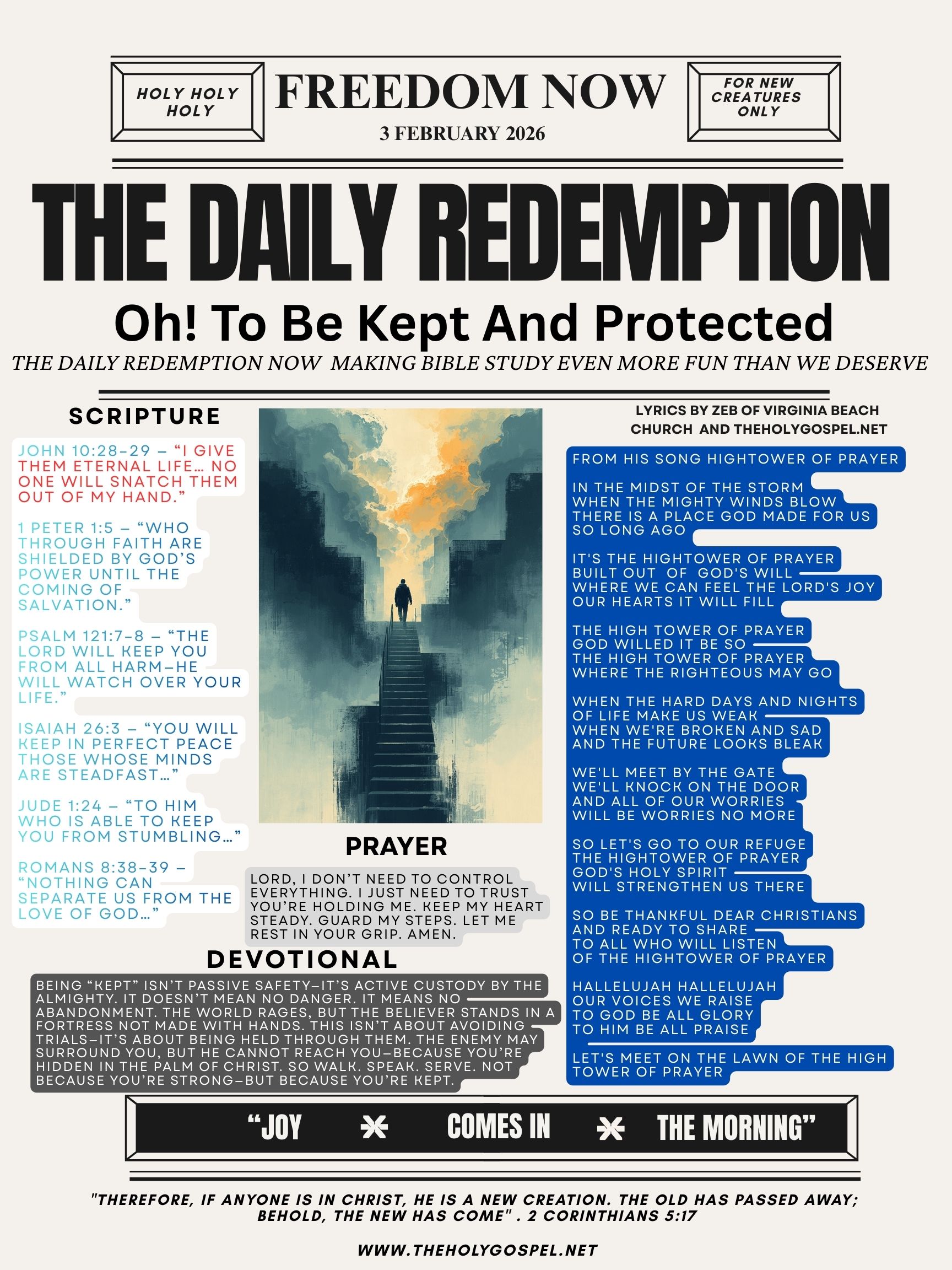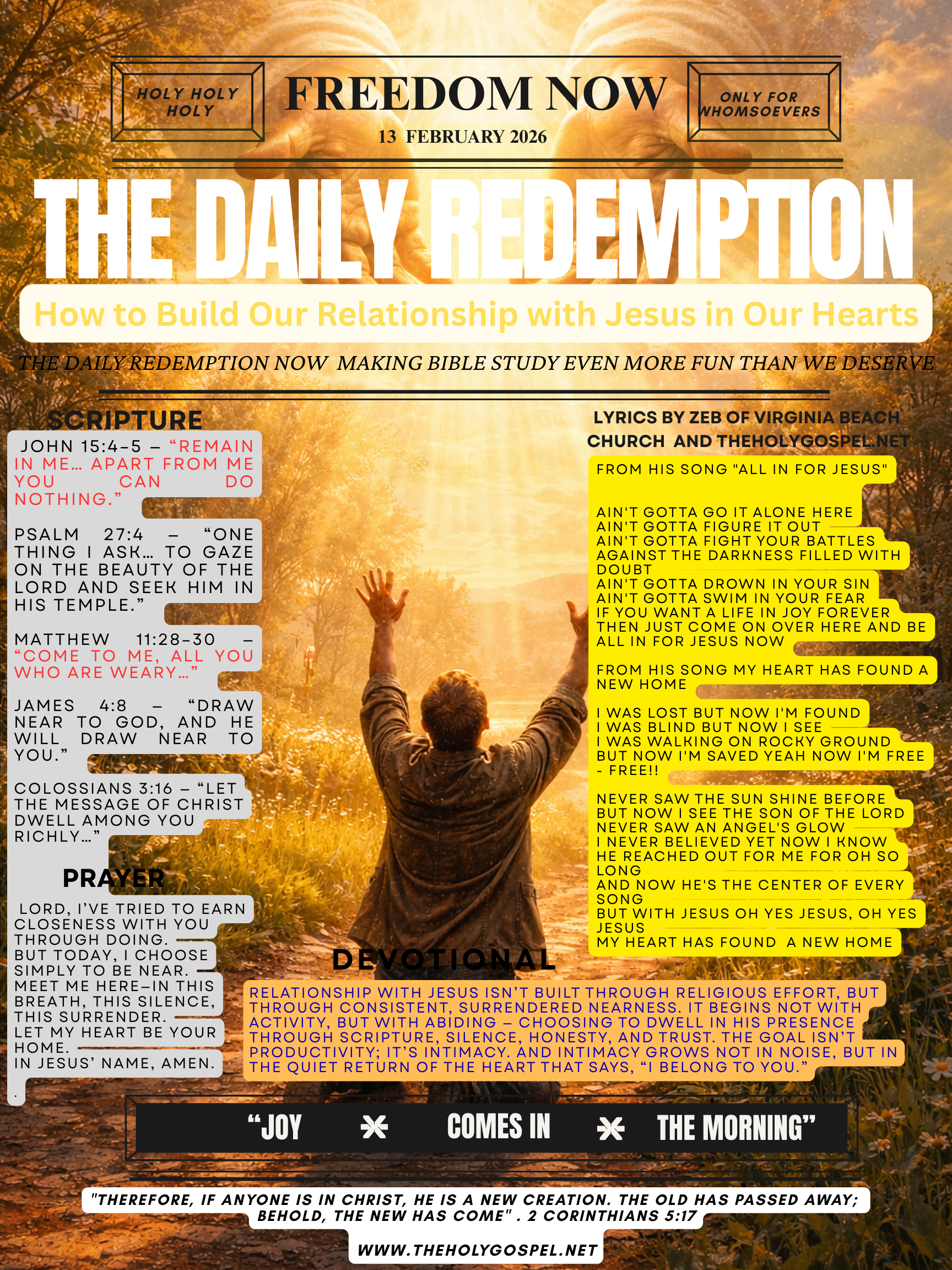It’s no secret that the church can be a hurtful place. There are plenty of people who have been wounded by their experiences in church and who feel like they have nowhere to turn. If you’ve been church hurt, you know how difficult it can be to find healing and support. That’s why I’m starting a support group for church hurt people. This group will be a safe space for people to share their stories, process their pain, and begin to heal. If you’re interested in joining the group or learning more about it, keep reading.
Intro
If you’re like me, you probably grew up in the church. And if you’re like me, you’ve also been deeply hurt by the church at some point in your life. Maybe it was a specific incident that occurred that made you feel unwelcome or unloved. Or maybe it was a more general feeling of being judged and misunderstood.
Whatever the case may be, I want to let you know that you are not alone. There are many of us who have been hurt by the church, and we need a place to process those feelings and heal from our wounds.
That’s why I’m starting a support group for church hurt people. This is a safe space for us to share our stories, vent our frustration, and ultimately find healing and hope.
If you’re interested in joining this group, please contact me for more information.
The Problem:
For many people, church is a place where they feel safe, loved, and accepted. But for some, church is a place of hurt and pain. They may have been rejected by their church family, judged by their pastors, or simply not felt like they fit in. These “church hurt” people often feel alone and misunderstood.
If you’re one of these “church hurt” people, you’re not alone. There are others who have experienced similar pain. And there is hope. You can find healing and support through starting or joining a support group for church hurt people.
A support group can provide a safe space for you to share your story and connect with others who understand what you’re going through. It can be a place of healing, growth, and community. If you’re interested in starting or joining a support group for church hurt people, here are some tips to get started:
1. Find or start a local group: There may already be a support group for church hurt people in your area. If not, there’s nothing stopping you from starting one! Talk to your pastor or other church leaders about getting the word out about your group. Or post an announcement on social media or online forums.
2. Set ground rules: Once you’ve gathered a few people interested in participating in your group, it’s time to set some ground rules.
What Church Hurt Is
Church hurt is a very real and valid experience for many people. It can be described as the pain and trauma that is experienced as a result of being involved in or witnessing church conflict, dysfunction, or abuse.
If you have been affected by church hurt, you are not alone. There are many others who have gone through similar experiences. You may feel isolated and alone, but know that there are others out there who understand what you are going through.
There is no shame in seeking help and support to deal with your church hurt. In fact, it is a very courageous thing to do. By reaching out and sharing your story, you can help others who may be going through the same thing. You can also find healing and hope for yourself.
The Solution: A Church Hurt Support Group
If you are looking for a way to start healing from your church hurt, consider joining or starting a church hurt support group. In a support group, you will be able to share your story with others who have been through similar experiences. This can be a powerful way to begin the healing process.
There are many benefits to joining a church hurt support group. First, you will have the opportunity to share your story with others who understand what you are going through. This can be a very cathartic experience and can help you to begin to process your hurt. Additionally, being in a supportive environment with others who are going through similar experiences can help you to feel less alone and isolated. Finally, in a support group you will likely receive practical advice and guidance from others who have already started on the road to recovery.
If you are interested in joining a church hurt support group, there are many resources available online and in most communities. You can also start your own group by finding others who are interested in participating. If you choose to start your own group, it is important to create guidelines that will help ensure that the environment is safe and supportive for all members.
How to Start a Church Hurt Support Group
If you or someone you know has been hurt by the church, you may be considering starting a support group for church hurt people. Here are some tips to get you started:
1. Find a location. This can be a church, community center, or even your home.
2. Choose a day and time that will work for most people.
3. Advertise your support group. You can do this by posting flyers in local businesses, churches, and community centers. You can also post about it on social media and online classifieds websites.
4. Set some ground rules for your group. For example, you may want to require that all members respect each other’s privacy and refrain from gossiping about each other outside of the group.
5. Have a plan for each meeting. This could include discussing specific topics related to church hurt, listening to guest speakers, or simply providing emotional support to one another.
By following these tips, you can start a successful support group for church hurt people in your community!
Conclusion
If you are someone who has been hurt by the church, know that you are not alone. There are many others who have experienced similar pain and betrayal. You don’t have to go through this journey alone. Starting a support group for church hurt people can be a healing experience for both you and others in the group. It can provide a space for you to share your story, process your emotions, and receive support from others who understand what you’re going through. If you’re interested in starting or joining a support group, reach out to your local community or search online for groups in your area.


